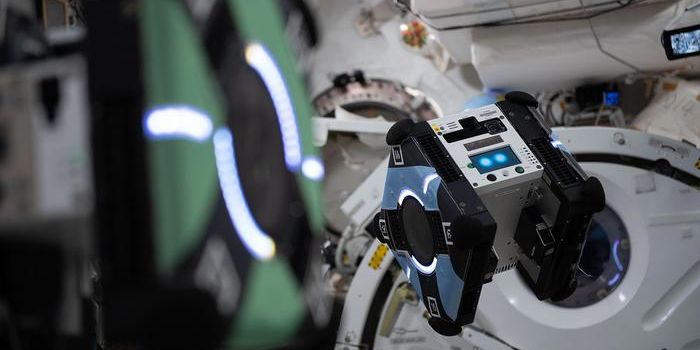Debate Starts Over Accuracy of LIGO's Gravitational Wave Data
Gravitational waves are still somewhat of a new concept to astronomers and astrophysicists because they were only just discovered in 2016 by the Laser Interferometer Gravitational-Wave Observatory (LIGO).
These forces of nature are described as ripples through space time as two massive binary objects slowly merge together, such as that of black holes or neutron stars.
Image Credit: LIGO
LIGO’s operation has reportedly detected gravitational waves up to three times since it started searching, and has open-sourced much of its information regarding the initial findings for the public to see; including other physicists who take an interest in the matter.
On the other hand, whether their data can be trusted or not is a polarizing concept that was recently been brought into question by physicist Andrew Jackson, and his team, who are having some headache regarding coincidental noise correlations in the data that were discovered during a Fourier analysis. Their findings are available in a paper published on arXiv.org.
Related: Gravitational waves are said to have been spotted multiple times by LIGO
To be clear, Jackson and his team aren’t outright calling the data a sham, but are rather suggesting that LIGO could do a better job of making their data clearer so that a more conlusive outsider examination would be possible. At this point in time, it’s difficult to tell whether the small ‘blip’ that signifies a gravitational wave is just that, or if it’s extraneous noise caused by something else instead.
The team found it very difficult to conclusively call the proposed information a “gravitational wave” given the data they had to work with, but LIGO later replied saying that they were unable to reproduce the supposed correlations that were brought to attention by the outsider physicist team.
Perhaps a better explanation for these odd sound correlations is that LIGO was forced to subtract background noise from their raw data to make the gravitational wave more audible. On the other hand, the sound correlations are potentially destructive enough that it could damage the integrity of LIGO's findings as a whole.
Because gravitational waves happen so far away, the observatories that LIGO uses to detect them are calibrated with such intense sensitivity that even a nearby noise could set one of them off. On the other hand, this is exactly why there are two of these observatories instead of one; this redundancy helps fact-check the data each observatory receives.
With this setup, a noise that happens close to one observatory won’t have an impact on the second observatory, and so the questionable sound could be ignored and subtracted from the data. On the other hand, when both observatories each report the same ‘blip’ coming from a region in space, it can be a signal of a gravitational wave. Once discovered, LIGO experts analyze the data for themselves before announcing it.
Related: This is the world's newest gravitational wave telescope
LIGO scientists note that the Fourier analysis that was used by Jackson and his team isn’t the best way to go when fact-checking the gravitational wave data because it leaves out specific details regarding sound cycle and sound filtration. In other words, LIGO seems assured that their data, which was a massive collaborative effort between some of the most talented physicists in the field, is correct.
While there is some doubt in the community over LIGO’s findings, the results so far haven’t been strong enough to disprove and discredit the collaboration’s findings. Such back-to-back debates are a regular sight in the scientific community, as great minds tend to clash based on different ways of observing data and different points of view.
At this point in time, we should probably just continue to trust LIGO.
Source: Wired









